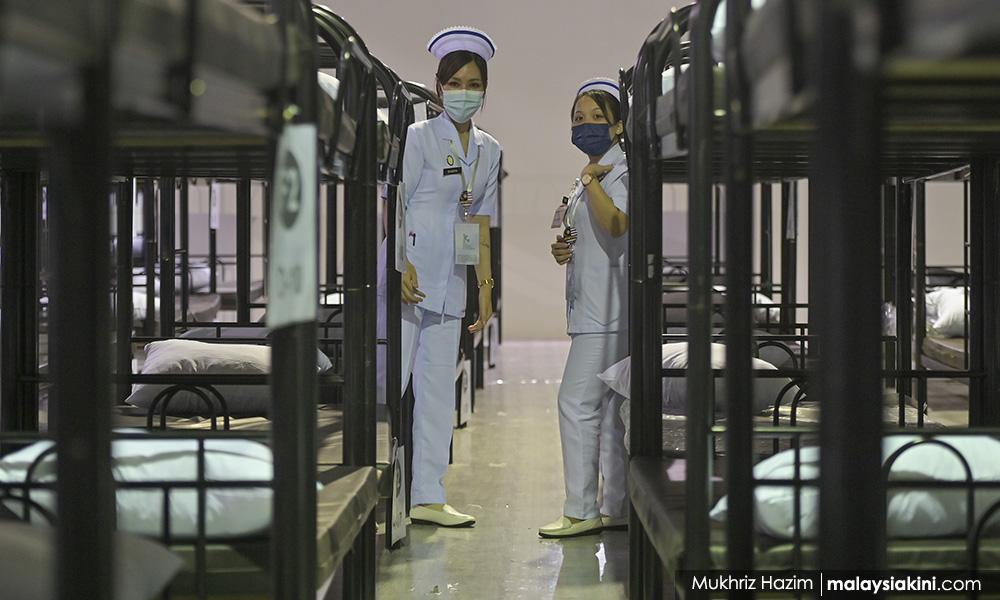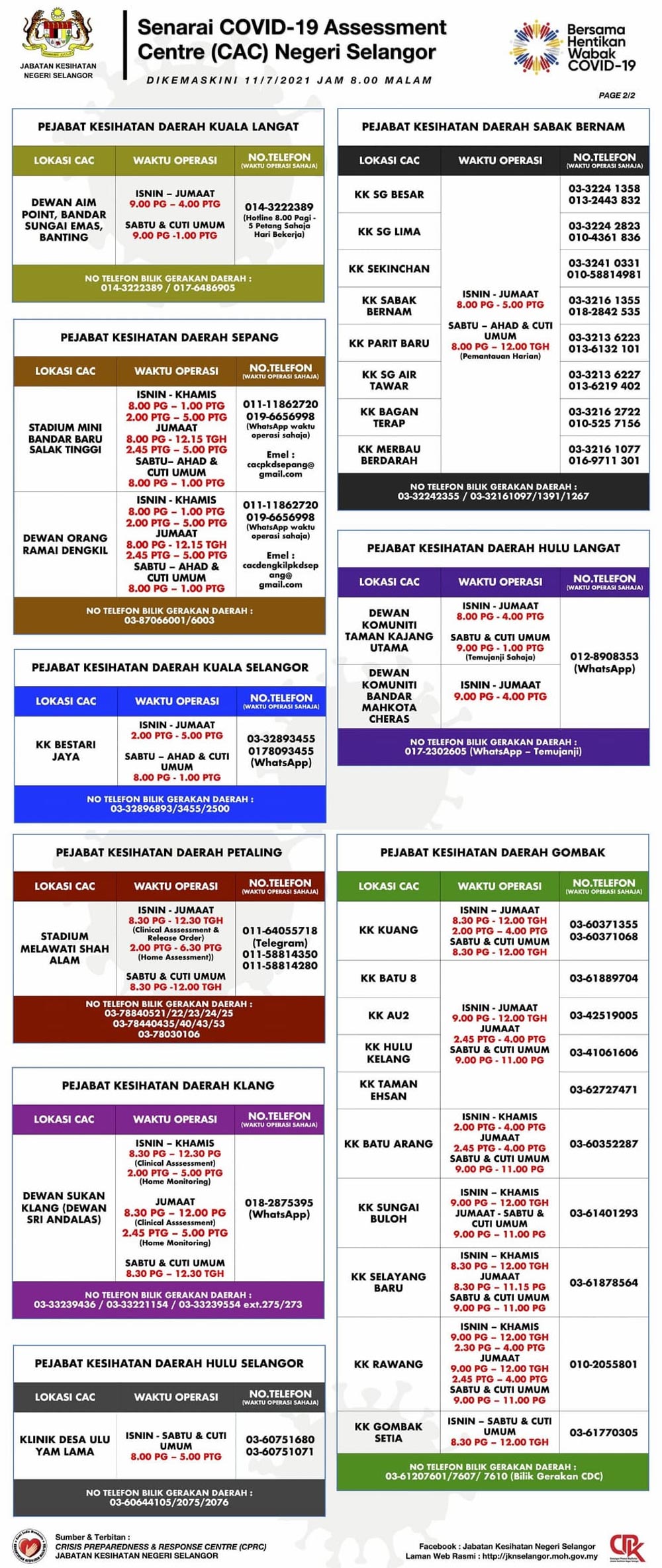MP SPEAKS | Yesterday, the number of Covid-19 positive cases in the country reached a daily record high of 11,079. Social media has also been inundated with pictures of overcrowded hospitals, quarantine centres as well as Covid-19 Assessment Centers (CACS) in Selangor.
One way in which we can alleviate the burden on our health care professionals and other frontliners during this crucial time is to modify the assessment process for Covid-19 patients so that the non-serious (Category 1 and 2) cases don’t need to go to any CACs but are evaluated at home via video or telephone calls.
They should be quarantined at home or at low-risk quarantine centres, if they so choose.
This is also an opportunity to help out the very badly affected hotel sector of the economy. With record-low occupancy rates, many hotels have been forced to close down. But some have been converted into low-risk quarantine centres for Category 1 (asymptomatic) and 2 (mild symptoms) Covid-19 patients.
These centres are called Pusat Kuarantin dan Rawatan Covid-19 Risiko Rendah Swasta (PKRCS). Several hotels in the Klang Valley have already been converted into quarantine centres for low-risk Covid-19 patients.
These include Saujana Subang, Royal Chulan KL, Silka Cheras and most recently, a hotel resort in Bandar Baru Bangi, Selangor. From what I understand, the demand for these rooms has been extremely high, with most hotels reaching an occupancy rate of almost 100 percent.
More hotels in the Klang Valley should be allowed to be converted into these low-risk quarantine centres including budget hotels to cater for different price points for the patients.
After sharing through various platforms of my experience in seeing the application and approval process for the hotel resort in Bangi to be converted into such a quarantine centre, I have had three budget hotel operators approach me to find out more details.
Just to be clear, these low-risk quarantine centres must be supported by medical staff who are part of the ecosystem of such centres. The costs are paid for by the patients themselves.

These hotels must also have a minimum number of rooms (at least 50, in my own estimate) for it to be worthwhile for the health care organisations and staff who are providing the medical services to the patients in such centres.
The Health Ministry has prepared guidelines on the medical processes that need to be carried out at the centres to take care of the well-being of these patients.
In addition, to prevent overcrowding at public quarantine centres such as the Malaysia Agro Exposition Park Serdang (Maeps), Serdang, such low-risk quarantine centres can also provide peace of mind to family members who prefer to be quarantine in a hotel rather than to be at home where they may expose their family members to the Covid-19 virus.
The Health Ministry should immediately issue the necessary instructions so that the district health officers and district officers can prioritise this strategy as part and parcel of the larger strategy to control the impact of Covid-19 in Selangor.
The approval for the setting up of these centres comes from the district officers but requires the buy-in of other government ministries and agencies such as Health Ministry and National Disaster Management Agency.
This should be seen as part of the “whole of society, all of government” approach towards fighting the Covid-19 pandemic.
ONG KIAN MING is the MP for Bangi a former deputy minister of international trade and industry and committee member of the Prevention of Outbreak at Ignition Sites (POIS) under the Selangor Taskforce on Covid-19 (STFC).
The views expressed here are those of the author/contributor and do not necessarily represent the views of Malaysiakini.


